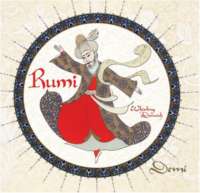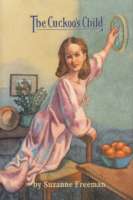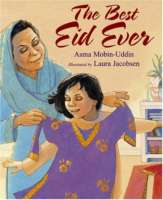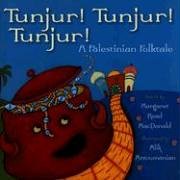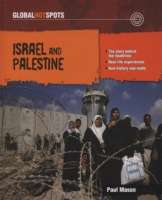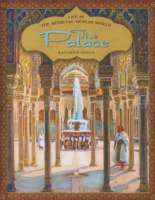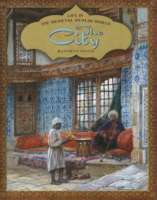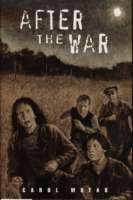
“Didn’t the gas ovens finish you all off?” is the response that meets Ruth Mendenberg when she returns to her village in Poland after the liberation of Buchenwald at the end of World War II. Her entire family wiped out in the Holocaust, the fifteen-year-old girl has nowhere to go. Members of the underground organization Brichah find her, and she joins them in their dangerous quest to smuggle illegal immigrants to Palestine. Ruth risks her life to help lead a group of children on a daring journey over half a continent and across the sea to Eretz Israel, using secret routes and forged documents — and sheer force of will.

